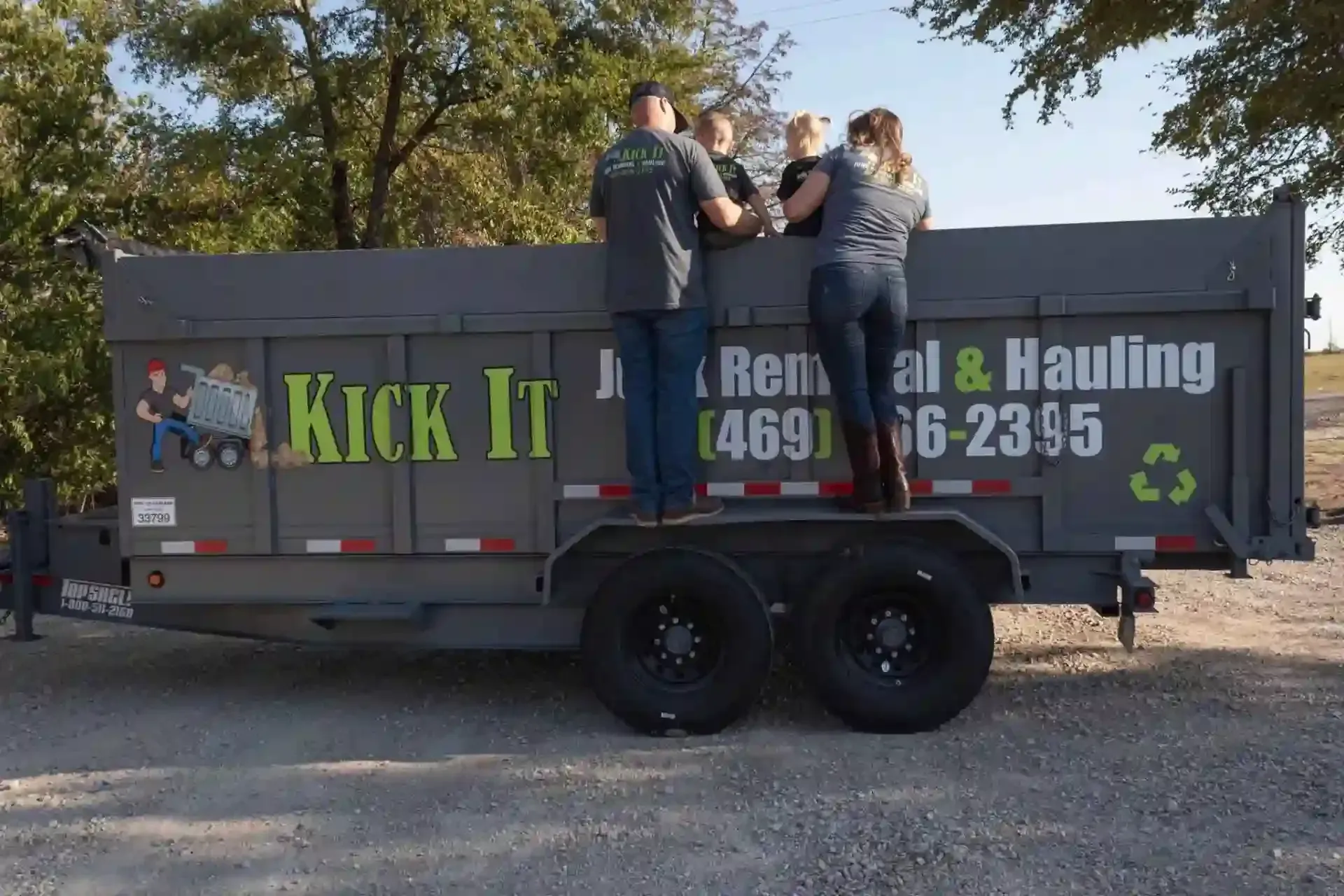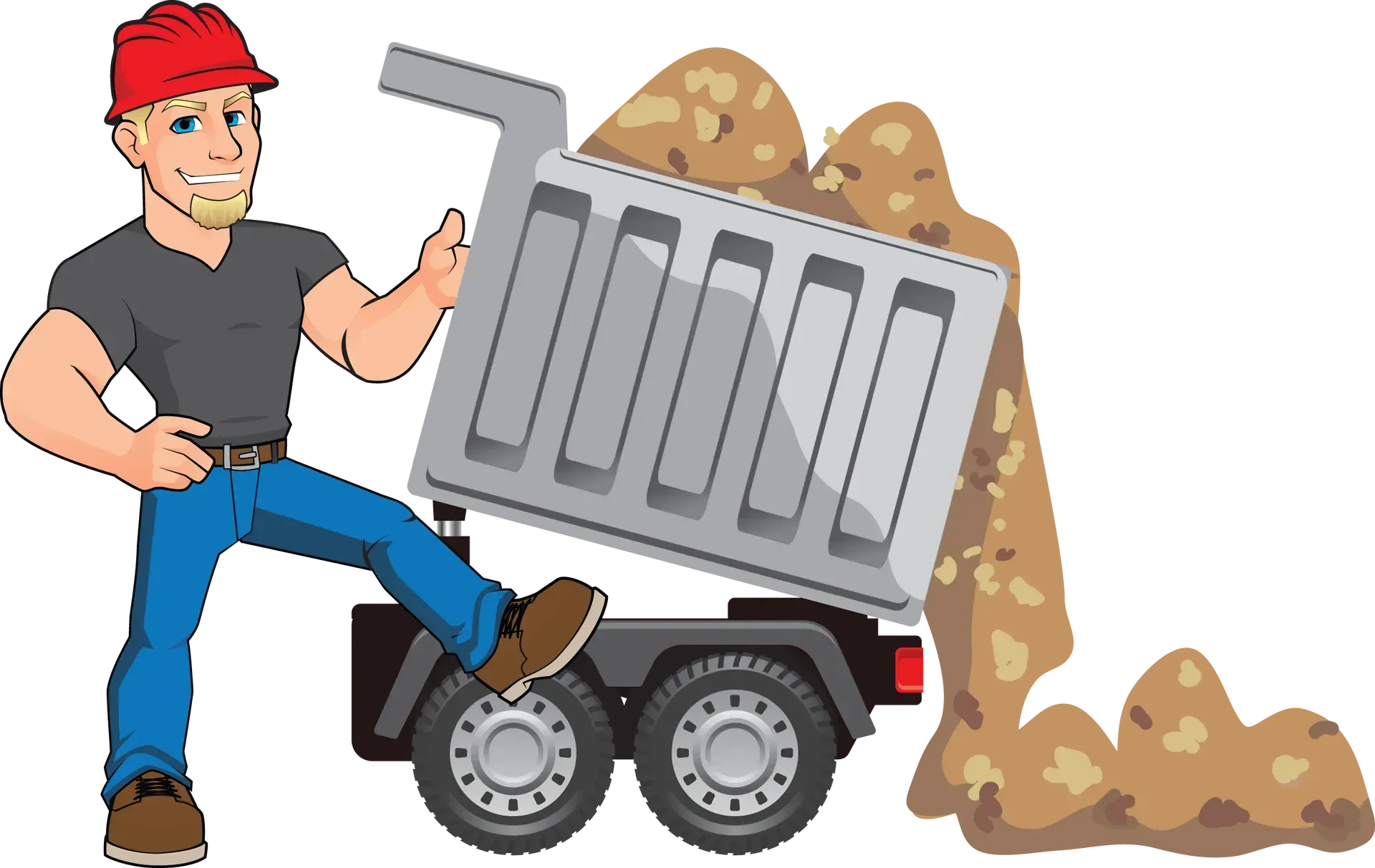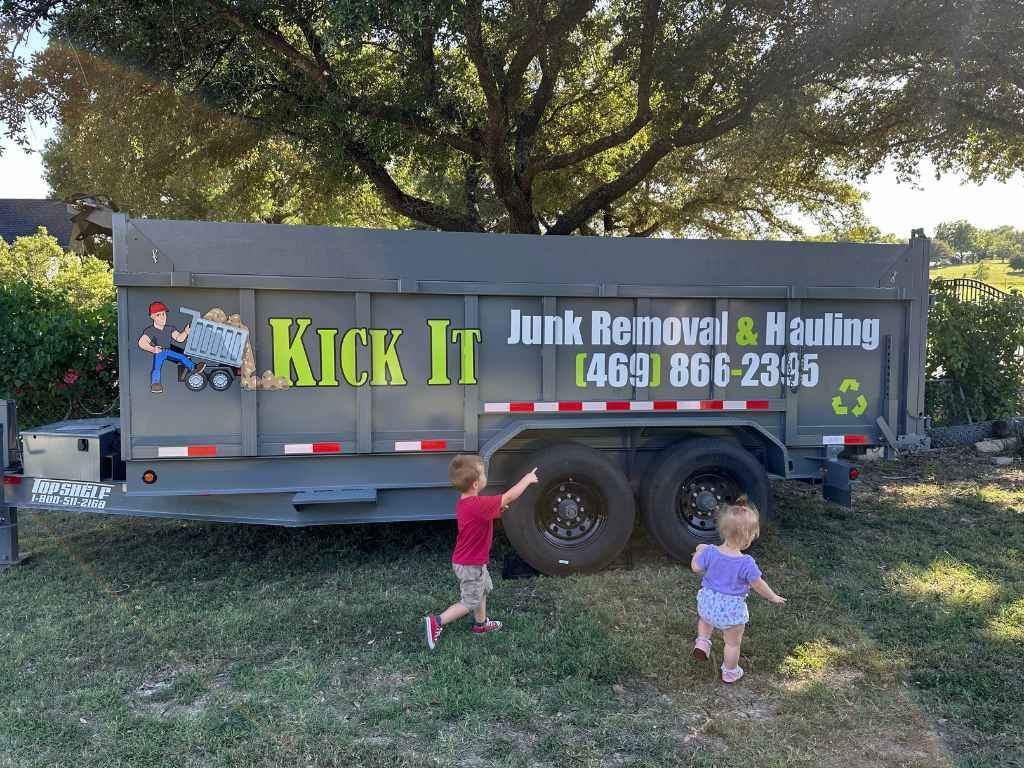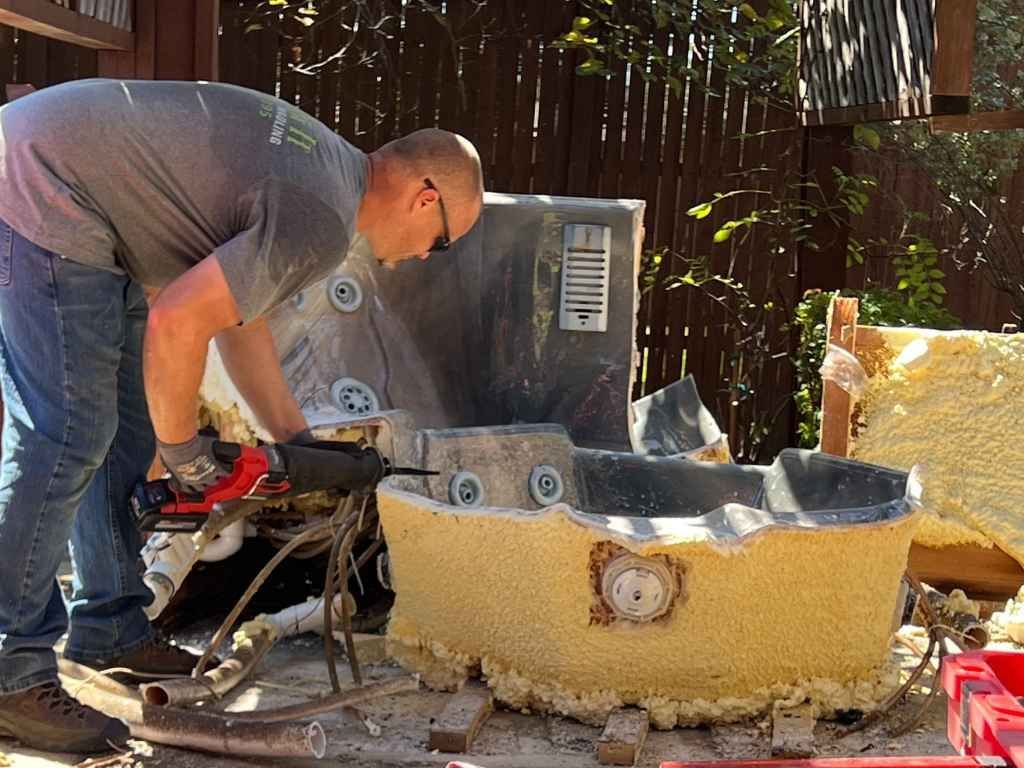Top Benefits of E-Waste Disposal for a Cleaner Environment
In our tech-driven world, electronic devices have become integral to daily life. However, as these gadgets age or become obsolete, they often end up as e-waste, posing significant environmental challenges. Improper disposal can lead to the release of hazardous substances like lead, mercury, and cadmium into the soil and water, causing long-term ecological damage .
Responsible e-waste disposal mitigates these risks by ensuring that harmful materials are handled safely. This process not only prevents pollution but also recovers valuable resources, reducing the need for mining and conserving natural habitats. By choosing proper disposal methods, we contribute to a healthier planet and promote sustainable practices for future generations.
E-Waste Disposal Benefits for a Cleaner Planet
E-waste is a growing concern globally, as millions of electronic devices are discarded every year. Improper disposal can lead to toxic chemicals leaking into the environment, affecting water supplies, soil, and air quality. By disposing of electronic waste responsibly, we help prevent harmful substances from contaminating our planet. E-waste disposal ensures that valuable materials like gold, copper, and aluminum are recovered and reused, reducing the need for new mining operations that harm natural habitats.
Proper e-waste disposal also supports a circular economy, where electronic components are recycled and repurposed, reducing the overall environmental footprint. This process not only protects ecosystems but also reduces the demand for raw materials, conserving vital resources. By being mindful of how we dispose of electronic waste, we take a significant step toward a cleaner, more sustainable world, benefitting future generations and our planet’s health.
How E-Waste Disposal Helps Protect Our Environment
The improper disposal of e-waste has far-reaching consequences for the environment. Electronic devices contain harmful chemicals such as mercury, cadmium, and lead, which can leach into the ground and pollute local water sources. These toxins pose a significant risk to ecosystems and can lead to severe health issues in wildlife and humans. When e-waste is recycled properly, these hazardous substances are safely handled, preventing contamination and safeguarding the environment from long-term damage.
E-waste recycling also contributes to the reduction of landfill waste. Instead of piling up in landfills, electronics are dismantled and reused, conserving energy and raw materials. The energy saved in recycling e-waste can power homes and industries, leading to a reduction in overall carbon emissions. In the grand scheme of things, the proper disposal of e-waste plays a crucial role in mitigating climate change and protecting biodiversity, ensuring a healthier, cleaner planet.
The Positive Impact of Proper E-Waste Disposal
When e-waste is handled properly, it can have a positive impact on the environment in several ways. First, it prevents hazardous chemicals from seeping into the environment, protecting wildlife, soil, and water sources. By safely disposing of electronic devices, we reduce the risks associated with toxic materials that can cause irreversible damage to ecosystems. Recycling e-waste also helps conserve resources, as valuable materials like precious metals and plastics are recovered and reused in the production of new electronics.
Furthermore, the proper disposal of e-waste supports the reduction of carbon emissions. When we recycle electronics instead of allowing them to sit in landfills, we decrease the need for new raw materials and lower the energy needed to mine or produce them. This, in turn, helps combat climate change by reducing our reliance on fossil fuels. Proper e-waste disposal is a simple yet effective step that everyone can take to protect the environment and promote sustainability.
Why E-Waste Disposal is Essential for Environmental Health
E-waste contains several harmful materials that can be detrimental to the environment if not disposed of properly. Substances like mercury, lead, and cadmium are found in various electronic devices, and if left in landfills, these toxins can leak into the soil and groundwater, affecting wildlife and human health. By ensuring proper e-waste disposal, we prevent these hazardous chemicals from spreading, helping to maintain the integrity of our natural resources.
In addition to reducing environmental pollution, proper e-waste disposal contributes to resource conservation. Many electronics contain valuable metals, such as gold and silver, which can be recovered and reused in the manufacturing of new products. By recycling these materials, we reduce the need for mining, which can destroy ecosystems. E-waste disposal not only protects the environment from harmful substances but also ensures that valuable resources are used more efficiently, creating a healthier planet for future generations.
How Responsible E-Waste Disposal Reduces Environmental Damage
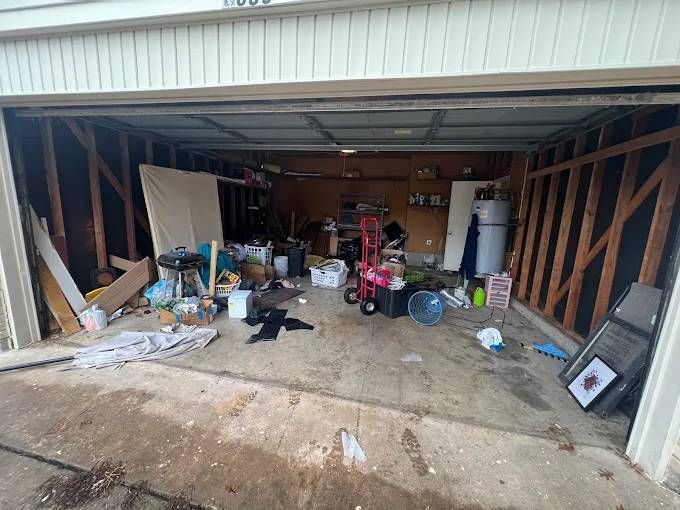
Improper e-waste disposal can lead to severe environmental damage, as it releases harmful chemicals into the air, water, and soil. Electronics contain toxic materials such as lead and mercury, which pose serious health risks to both humans and animals. Responsible e-waste disposal prevents these chemicals from contaminating the environment, reducing the likelihood of long-term harm. Recycling e-waste ensures that hazardous materials are dealt with in an environmentally safe manner, protecting our ecosystems and promoting public health.
In addition to preventing pollution, responsible e-waste disposal supports a sustainable approach to resource management. Many components in electronics, such as metals and plastics, can be reused and repurposed, reducing the demand for new materials. This helps conserve natural resources, reduces energy consumption, and minimizes carbon emissions. By properly disposing of e-waste, we contribute to a more sustainable future and lessen our environmental impact.
The Importance of E-Waste Disposal in Preserving Nature
E-waste is a significant contributor to pollution, and improper disposal of electronics can lead to environmental damage that lasts for generations. Electronics contain harmful substances such as cadmium, lead, and mercury, which can leach into the soil and contaminate water supplies if not disposed of properly. By recycling and disposing of e-waste responsibly, we can prevent these dangerous chemicals from harming ecosystems and the wildlife that depend on them for survival.
Proper e-waste disposal also plays a key role in preserving natural resources. Many electronic devices contain valuable materials like precious metals and plastics, which can be extracted and reused through recycling. This reduces the need for mining, which often leads to deforestation and habitat destruction. By making responsible choices when disposing of e-waste, we contribute to the preservation of the planet’s natural resources and help create a cleaner, more sustainable future.
E-Waste Disposal and Its Role in Environmental Sustainability
E-waste disposal is a vital part of maintaining environmental sustainability. As technology continues to evolve rapidly, millions of electronics are discarded every year, many of which contain hazardous materials that can pollute the environment. When these devices are disposed of incorrectly, they release dangerous toxins into the earth, posing a threat to both human health and wildlife. Responsible e-waste disposal ensures that harmful chemicals are managed properly, preventing environmental contamination and safeguarding natural resources.
Furthermore, e-waste recycling supports sustainability by reusing valuable components from old electronics. Precious metals like gold, silver, and copper can be extracted and used in new devices, reducing the need for raw materials and the energy required to mine them. By recycling e-waste, we decrease the demand for mining, which often harms ecosystems. Ultimately, e-waste disposal is an essential practice in the ongoing effort to protect the environment and promote a circular economy.
How E-Waste Disposal Contributes to Sustainable Living
E-waste disposal plays a crucial role in sustainable living by helping reduce the environmental impact of discarded electronics. The electronics we use every day contain materials that can either be harmful or valuable when recycled. By ensuring proper disposal, we prevent harmful substances like lead, mercury, and cadmium from leaking into the environment, potentially causing soil and water contamination. On the other hand, recycling e-waste allows the recovery of precious metals and materials, such as gold, silver, and copper, which can be reused in the manufacturing of new electronics.
This recycling process conserves natural resources, reduces the demand for raw materials, and helps preserve ecosystems. Sustainable living isn’t just about reducing waste; it’s about making conscious choices that contribute to a circular economy where materials are reused and repurposed, reducing the environmental footprint of manufacturing processes.
How Proper E-Waste Disposal Conserves Resources
The benefits of proper e-waste disposal go far beyond reducing pollution. By recycling electronics, we conserve valuable natural resources that are often used to produce new devices. Electronics contain a variety of materials, such as metals, plastics, and rare earth elements, which can be reclaimed and reused, reducing the need for new raw materials. This conservation effort helps to protect habitats, reduces mining activities, and cuts down on the environmental damage caused by resource extraction.
Recycling e-waste also reduces energy consumption. The process of recycling requires less energy than producing new materials, and by reducing the demand for mining and manufacturing, we lower carbon emissions. This is an important step in mitigating climate change and creating a more sustainable future. Proper e-waste disposal is a simple yet effective way to conserve resources and minimize environmental damage while supporting a circular economy where materials are reused and repurposed for future use.
Conclusion
Proper e-waste disposal is not just a responsibility—it’s an opportunity to make a significant impact on the environment. By ensuring that electronic waste is disposed of in an eco-friendly manner, we can reduce pollution, conserve natural resources, and promote a cleaner, healthier planet. Every electronic device recycled contributes to the preservation of our ecosystems and the reduction of harmful waste that would otherwise end up in landfills. As individuals and businesses, we all have a role to play in ensuring that e-waste is properly managed for future generations.
If you’re looking for a reliable and efficient way to handle your e-waste, Kick It Junk Removal & Hauling is here to help. We specialize in responsible e-waste disposal, ensuring that your old electronics are safely recycled and disposed of in an environmentally conscious way. Our team is committed to reducing landfill waste and supporting sustainability. Get in touch with us today to learn more about how we can help you dispose of your e-waste properly and safely. We’re just a call or email away!


